This Native-Led Nonprofit Shows how the COVID-19 Changed Philanthropy
After the social justice upheaval coupled with the COVID-19 pandemic in 2020, philanthropists reshaped how some organizations and foundations conduct business and navigate their nonprofit strategies. Today, some are starting to focus on becoming more agile with fewer branches and better supporting equity.
One Native-led grantmaking nonprofit indicates how these trends are shaping their organization on the ground. The Potlatch Fund, based in Seattle, focuses on Native American wellbeing in the Pacific Northwest. Before the pandemic, it had established grant programs for Native arts, language prevention and community development. However, when COVID-19 took hold of our daily lives, they pivoted.
According to Potlatch Fund executive director, Cleora Hill-Scott (Crow/Sioux/Pawnee), all of the organization’s funds initially were for rapid response events to keep artists, tribes and “culture keepers” afloat during the pandemic. The Potlatch Fund usually sources its money from private foundations and tech industry donors. But now, the organization isn’t going back to its old ways of funding after reopening and recovery operations underway. The nonprofit now puts all its sources into grantmaking in 2020 and into a single campaign called the Resiliency Fund.
Now, the nonprofit business has since come to a place beyond response and has looked into the long-term support of Native American communities, says Hill-Scott.
She also said she admires how the billionaire and philanthropist MacKenzie Scott, also of Seattle, minimizes the need for paperwork and trusts the grantees to spend the donated money wisely. Indeed, Scott made major news in philanthropic circles last year when she gave unrestricted, multimillion-dollar gifts to hundreds of organizations and nonprofit institutions.
Potlatch used this “trust-based” model in June 2020 when the nonprofit moved $1 million to be distributed to beneficiaries in payments of $10,000 to $15,000 at a time. The goal behind this was to help as many people as quickly as possible. In three weeks, Hill-Scott said more than $1 million in requests came through to the organization. Once it was received, she knew it would be needed urgently for those in the community.
According to Mary Kummer, the program manager for the Potlatch Fund who reviewed the incoming funding applications, she heard stories from the community about their need to pursue artistry and support their communities, whether it was a Native youth program, a canoe trip, or a horse summer excursion.
Kummer, who is from the Makah tribe, mentioned that the majority of the grant applications came from individual Native artists, including Robyn Pebeahsy (Yakama/Comanche) from Washington state, who wanted to expand in the podcasting business. According to Pebeahsy, continuing her art of bead-making is not only important to showcase her culture or Indigenous art, but because sometimes it’s the only thing they can do through a really rough time. She said she would apply her grant money to editing the production support for her bead-making podcast series so that she could go in a variety of different career directions. She came up with themes, including beading or listening to stories from the reservation or developing a young podcast that she co-produced with three friends about the missing and murdered Indigenous women in crisis.
With social justice issues at the forefront and often limited funding for Native communities during times of crisis, it was especially important for Potlatch to help their beneficiaries find their own voice and the voices of the people who look like them. Pebeahsy said it was the first time she applied for a grant as the application requirement can be daunting. Potlatch’s Resiliency Fund grant application process highlights eight questions and offers an overview of a detailed budget expectation.
Hill-Scott reflects on how there is pressure on the organization to now replenish the Resiliency Fund. She hopes to receive future grant applications from more tribal communities that offer social support services to indigenous populations in Washington, Oregon, Montana and Idaho, especially in the realms of health, education and cultural revitalization.
As philanthropists navigate the world of funding, it may be helpful for them to hone in on more organizations like Potlatch. It’s these groups who are intimately acquainted with the Indigenous communities they are trying to help fund, and they are also supporting their way of life. In the future, focusing on philanthropies who have reshaped and seemingly revolutionary their giving strategies with understanding and compassion in the face of COVID-19 and beyond should be at the forefront of donors’ minds.

